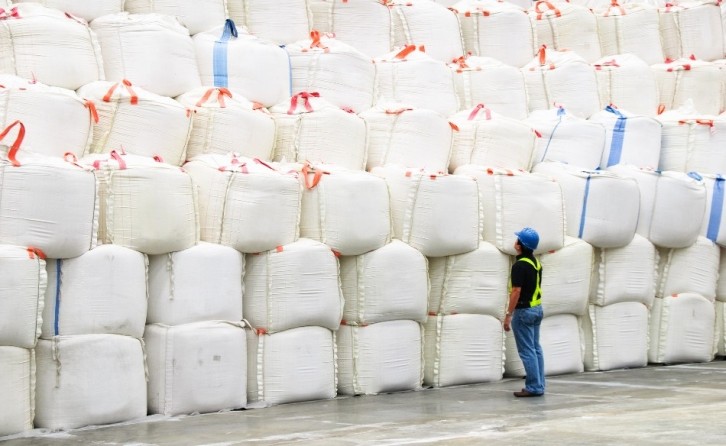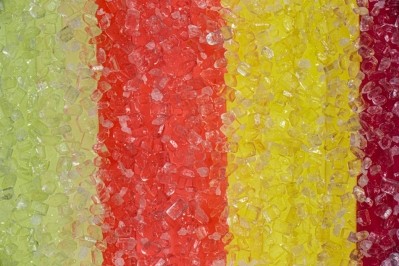Commodities
US sugar programme causing shortages for confectionery companies ahead of Halloween

The nation’s candy producers said the root of the problem lies with US agriculture policy, which requires at least 85% domestic sugar purchases to come from domestic processors, leading to tight supplies and high prices when demand rises.
The National Confectioners Association (NCA), which represents more than 500 confectionery companies, brokers and suppliers, said as a result, American businesses are forced to operate at a competitive disadvantage, paying twice as much for sugar as their foreign competitors - and it is pushing for changes to the sugar programme that would help increase supply when demand is high.
Writing in the Washington Post, columnist George F Will said: "To the surprise of no realist, the government’s central planners are probably surprised by this. Sugar supplies are tight and prices are high worldwide, but matters are made worse for US manufacturers and consumers by import restrictions.
"Limiting sugar imports transfers wealth from 335 million Americans who consume sugar and products containing it to, primarily, about 4,000 producers of beet and cane sugar. The quotas are a residue of “temporary” commodity supports instituted during the Great Depression. Not even the New Deal’s measures that were intended to end the Depression could make that calamity last forever, so it ended. Some purportedly ameliorative measures did not."
The US sugar programme
The US sugar programme was established by Congress as a Depression-era intervention that established government-imposed quotas on domestic production and foreign imports and created an artificially high guaranteed floor price for sugar processors through special marketing loans.
Last year, the NCA and the Association of Chocolate, Biscuit and Confectionery Industries of Europe (CAOBISCO) released a joint statement calling for governments of both the United States and Europe to take urgent action to address shortfalls in the sugar market.
“NCA and CAOBISCO are deeply concerned with the current state of sugar markets in North America and Europe. In both geographic areas, tight supply and supply chain obstacles have pushed prices to historic and unsustainable levels:
“We are urging the US and The EU Commission and Member States to relax tariff-rate quotas (TRQs) to allow for additional and faster importation of quality white sugar. Where possible, we encourage collaboration and cooperation to facilitate access to additional imported sugar supplies. There are several tools available to both the American and European authorities.”
A spokesperson for the NCA said it is now in talks with House and Senate agriculture committees and stakeholder groups, including sugar growers to implement changes in the next five-year Farm Bill, which will dictate North America’s food- and agriculture-related legislation.
The Alliance for Fair Sugar Policy also believes the upcoming farm bill reauthorisation process offers several important opportunities to update the sugar programme for a modern farm and food economy.
Along with strict US import laws, confectionery production has also been hit by climate change-related severe weather, and the Russia-Ukraine conflict.
Sugar prices
The Wall Street Journal reported that Atkinson Candy in Texas has been struggling to find a sugar supplier that would allow the company to fulfill the year’s remaining orders for its products such as hard candies, caramels and peanut brittle. Eleven suppliers told the company they were out of sugar for the year and was forced to source sugar from Colombia.
According to the WSJ report candy company Spangler, one of the country’s largest candy cane manufacturers, has turned down Halloween candy orders due to a lack of sugar. President Kirk Vashaw said there was a concern that the company won’t be able to fulfil orders during Christmas.
Naturally, rising sugar prices are also driving up the cost of sweets. According to the news website Axios, the average cost of sweets has risen 11% since June 2022. “Sky-high sugar prices are starting to affect consumer demand, which can be especially catastrophic for US candy companies ahead of the Halloween season,” it reported.







